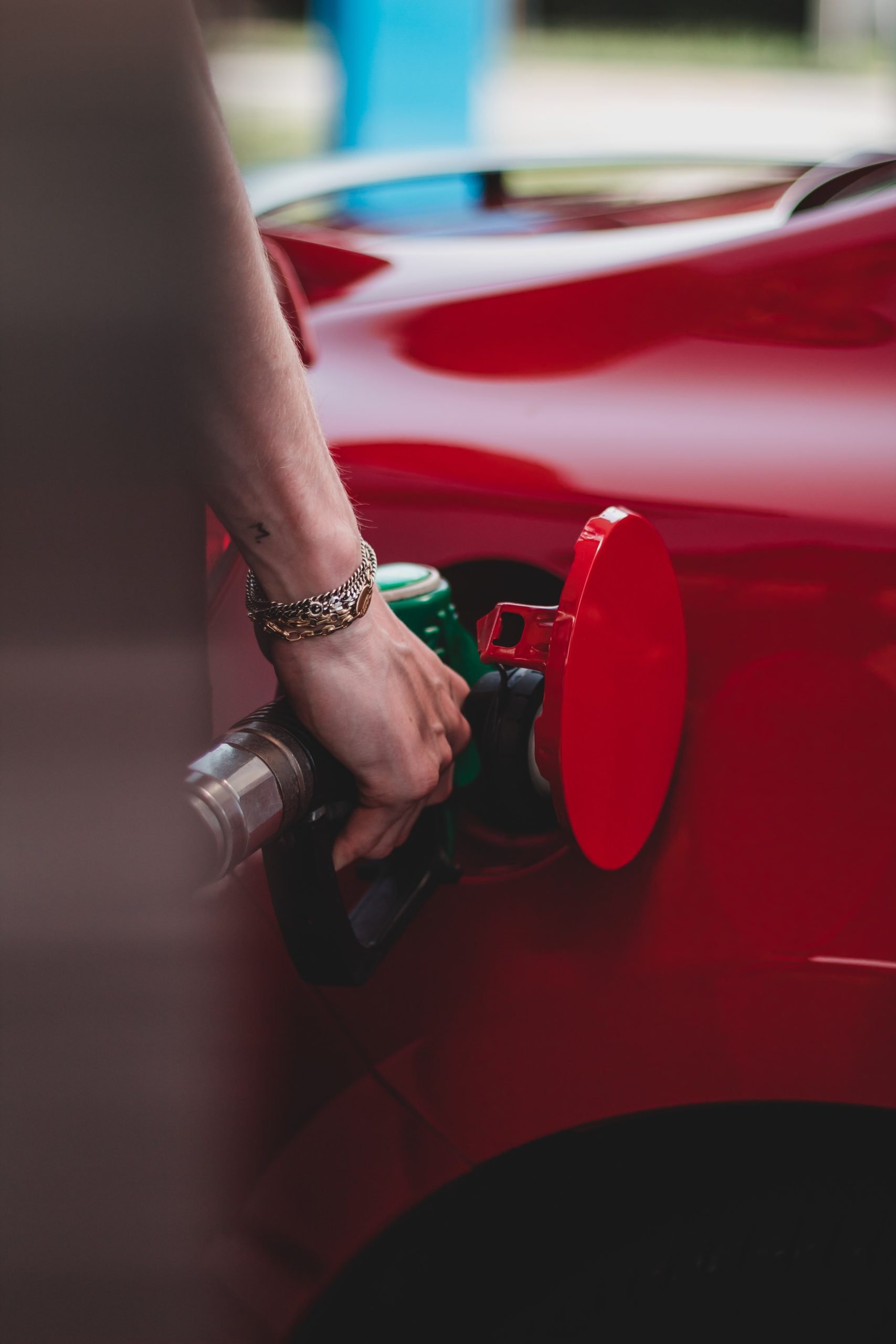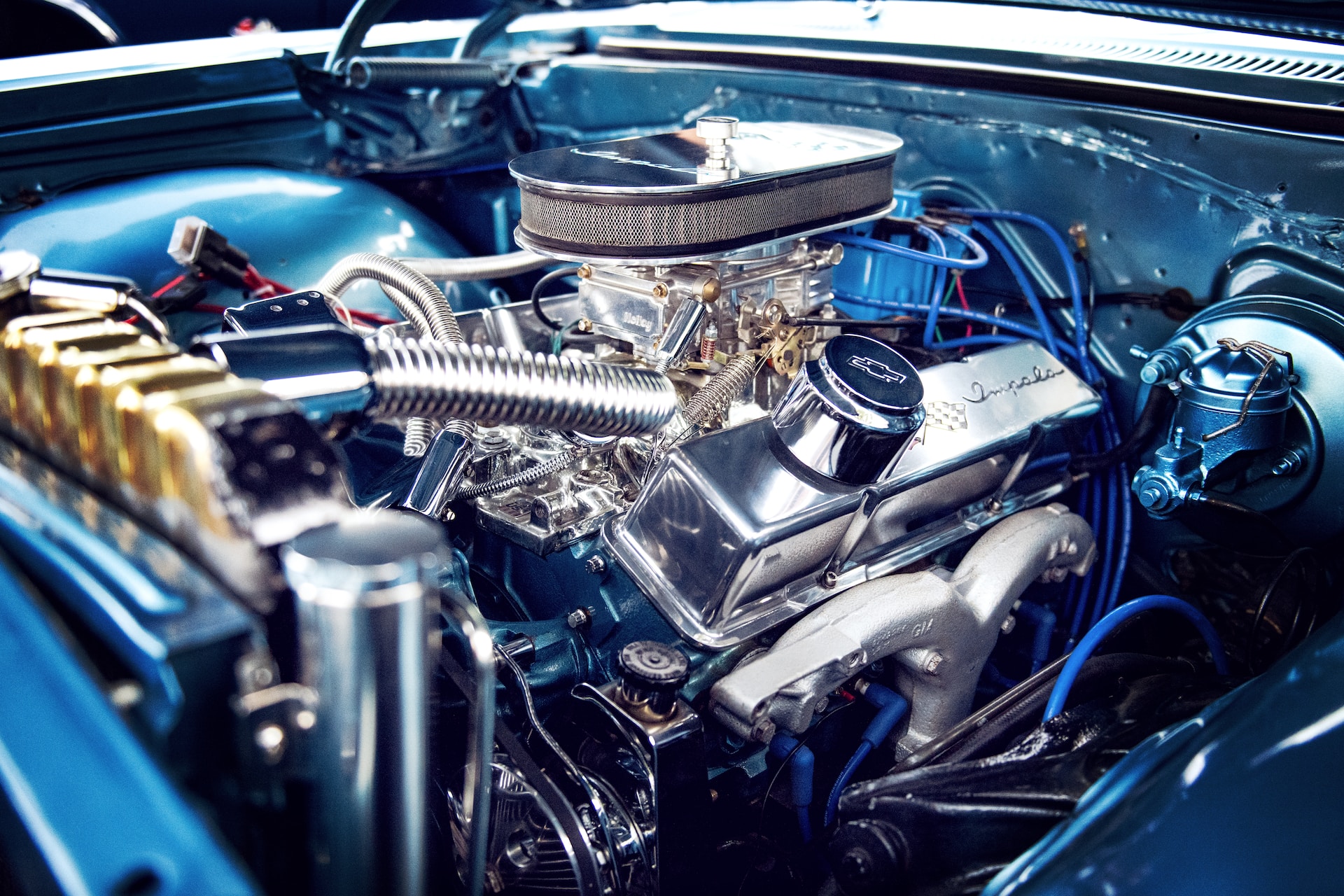In a thrilling display of innovation and commitment to sustainability, the Japanese endurance racing scene has witnessed a notable shift towards alternative fuels. As the demand for greener and more environmentally friendly solutions intensifies, race teams and manufacturers alike are embracing alternative fuels to power their high-performance machines. Let’s explore this exciting development and its implications for the future of motorsports and the automotive industry.
1. The Push for Sustainable Racing
With the increasing global focus on reducing carbon emissions and combating climate change, the automotive industry has been under scrutiny for its environmental impact. In response, racing organizations and teams have recognized the need to promote sustainable practices and showcase the potential of alternative fuels. The Japanese endurance race stage has emerged as a hotbed for these initiatives, highlighting the importance of sustainability in the world of motorsports.
2. Embracing Alternative Fuels
Alternative fuels, such as biofuels, hydrogen, and electricity, have gained traction in the Japanese endurance racing scene. These fuels offer lower emissions and reduced carbon footprint compared to traditional fossil fuels, aligning with the overarching goal of sustainability. By adopting these alternative fuel options, race teams are not only reducing their environmental impact but also driving innovation in fuel technology and inspiring the wider automotive industry to explore greener solutions.
3. Biofuels: Powering Performance with Renewable Energy
Biofuels have emerged as a popular choice among race teams due to their renewable nature and compatibility with existing combustion engines. Derived from organic materials, such as plant-based biomass or waste oils, biofuels offer a sustainable and carbon-neutral alternative to conventional fuels. They not only provide similar performance characteristics but also reduce greenhouse gas emissions, making them a compelling choice for eco-conscious racing teams.
4. Hydrogen: Fueling the Future of Motorsports
Hydrogen, known for its clean and efficient energy properties, has also made its mark on the Japanese endurance racing stage. Hydrogen fuel cell technology offers zero-emission power, with the only byproduct being water vapor. This makes it an attractive option for racing teams looking to showcase the potential of hydrogen as a sustainable fuel source. The use of hydrogen in racing not only demonstrates its viability but also encourages the development of hydrogen infrastructure for future consumer vehicles.
5. Electric Power: Accelerating the Electric Revolution
Electric power has been at the forefront of the sustainable mobility revolution, and its influence is extending to the racing world. Electric vehicles (EVs) and hybrid electric vehicles (HEVs) are gaining prominence in endurance racing, showcasing their performance capabilities and proving that sustainable mobility doesn’t compromise on speed or excitement. The use of electric power in racing drives advancements in battery technology, charging infrastructure, and overall electric vehicle development.
6. Inspiring Change in the Automotive Industry
The embrace of alternative fuels in the Japanese endurance racing scene serves as a powerful catalyst for change within the wider automotive industry. By demonstrating the feasibility and performance of sustainable fuel options, racing teams and manufacturers are inspiring innovation and encouraging the adoption of greener practices in consumer vehicles. This shift towards alternative fuels has the potential to reshape the automotive industry and accelerate the transition to a more sustainable future.
Conclusion
The dominance of alternative fuels in the Japanese endurance racing stage signifies a significant step towards a more sustainable and environmentally conscious motorsports industry. The embrace of biofuels, hydrogen, and electric power showcases the potential for greener solutions in high-performance racing and serves as an inspiration for the wider automotive industry. As alternative fuels continue to evolve and gain prominence, the racing world’s commitment to sustainability will undoubtedly accelerate the transition towards a more environmentally friendly future.











